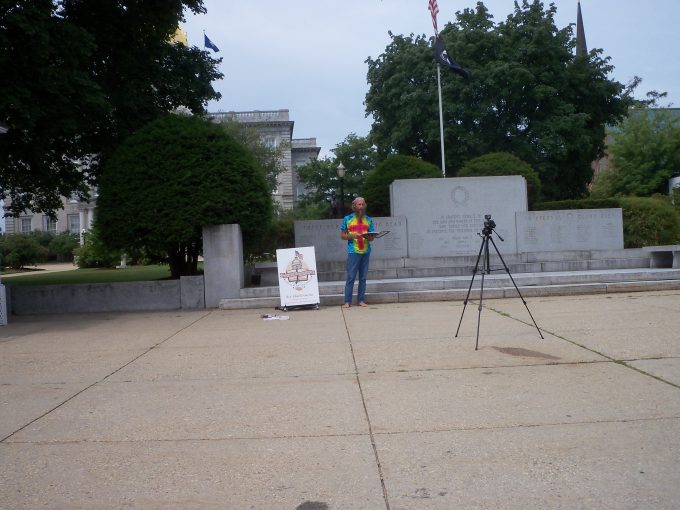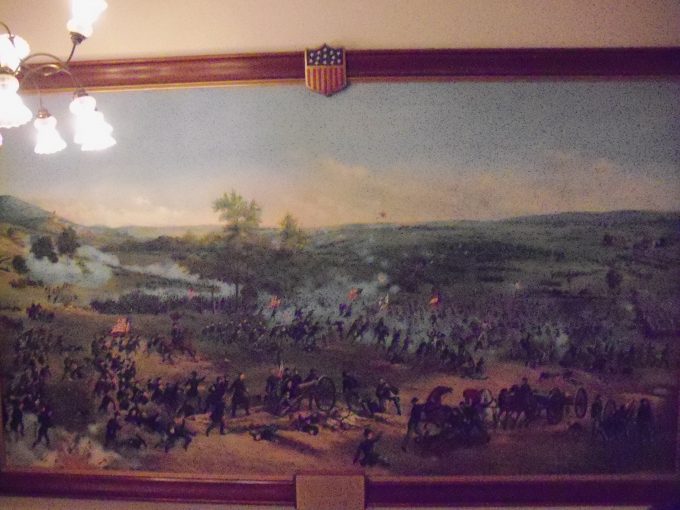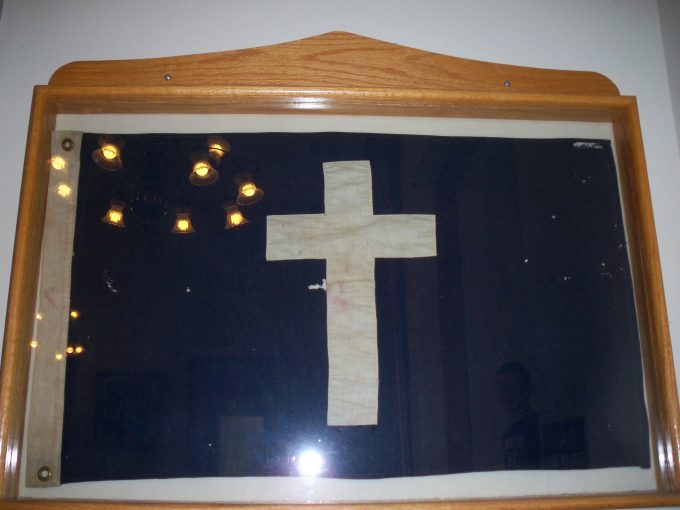
Sunday, 24 March 2019
By faith he forsook Egypt, not fearing the wrath of the king; for he endured as seeing Him who is invisible. Hebrews 11:27
The account continues with Moses, but it contains a thought which seems contradictory to the Exodus account. The author proclaims, “By faith he forsook Egypt, not fearing the wrath of the king.” Is this to be tied in with the previous thought of verses 24-26, or is it to be taken with the next thought concerning the Passover.
1) If it is connected to his first departure from Egypt to Midian, then it contradicts the account as recorded. The words of Exodus 2 read, “So Moses feared and said, ‘Surely this thing is known!’ 15 When Pharaoh heard of this matter, he sought to kill Moses. But Moses fled from the face of Pharaoh and dwelt in the land of Midian; and he sat down by a well” (Exodus 2:14, 15). The record stands that “he feared.”
2) If it is connected to the Passover, then it is out of order because the Passover preceded the Exodus.
The answer is that during his time away from Egypt, Moses encountered the Lord, was established in his faith, and was encouraged by the promise of the presence and assistance of his brother Aaron. These things are recorded in Exodus 3 & 4 and in Exodus 4:29-31, where Moses came to the elders of the children of Israel and showed them the signs the Lord had given him to bring about their release. In Exodus 5:1, it then says, “‘“Afterward Moses and Aaron went in and told Pharaoh, ‘Thus says the Lord God of Israel: “Let My people go, that they may hold a feast to Me in the wilderness.”’”
Moses had grown in his courage and no longer feared the wrath of the king. In his return to Egypt, he as the acknowledged representative of Israel, forsook Egypt. He was spiritually prepared for the challenge ahead as the plagues of Egypt led to the time of Israel’s release from their bondage.
This is why the next two verses, which will still refer to Moses, speak first of the keeping of the Passover, but also say that “he kept the Passover” in the singular, even though all of Israel kept it, and then it says, “they passed through the Red Sea,” in the plural. Moses stood as representative of Israel, and Israel was led by Moses. Thus what he forsook, Israel also forsook. And both did so “not fearing the wrath of the king.” And this was because “he endured as seeing Him who is invisible.”
These words confirm that the first clause is speaking not of his exile to Midian, but of his time of endurance while facing Pharaoh. Moses never saw God in the burning bush. The flames simply made His presence known. He heard the voice, and he continued to hear the voice direct him throughout his time prior to the people’s exodus; and he endured, understanding that the voice which instructed him was as sure as if seeing Him.
Life application: It was by faith that Moses endured as seeing Him who is invisible. What an incredible statement! It has been said, “What is more foolish, a man who believes in a God he cannot see, or a man who is angry about a God he doesn’t believe in.” Moses had never actually seen God. Instead, he had seen a burning bush which spoke to him, but the bush actually hid the glory of God. It was a visible manifestation provided for Moses’ sake. In the end, though, it was faith in a God he couldn’t see that gave him the strength and fortitude to not fear Pharaoh. Such is the case with each believer in Christ. We can’t “see” God anymore today than Moses did then. And Jesus has ascended to the Father so that we cannot now see Him either. But what did He say to His disciples –
Jesus said to him, “Thomas, because you have seen Me, you have believed. Blessed are those who have not seen and yet have believed.” John 20:29
All we have is the Bible to tell us of Jesus. When we accept Him, we are indwelt with the Holy Spirit, whom we also can’t see. Therefore, we are living by faith and not by sight. Our hope and trust is in the One who can make the invisible visible, the unknowable knowable, who unites the infinite with the finite. Because of Jesus, we can have fellowship where it once didn’t exist and we can have peace in place of anxiety. If you are facing troubles because of your Christian walk – whether in the workplace, with family members, or in any other way – then remember Moses’ example. By faith, he saw Him who was invisible and was found pleasing to God because of that faith. Be strong and unwavering in your convictions about the Person and work of Jesus.
Lord Jesus, give us wisdom to follow You and to trust Your word as the rule and guide of our lives. Give us faith to not fear those who persecute us because of our love and devotion to You. And Lord, we look forward with anticipation to that day when our faith will become sight – when we see the beauty of Your majesty in person. What a happy day that will be! Amen.




